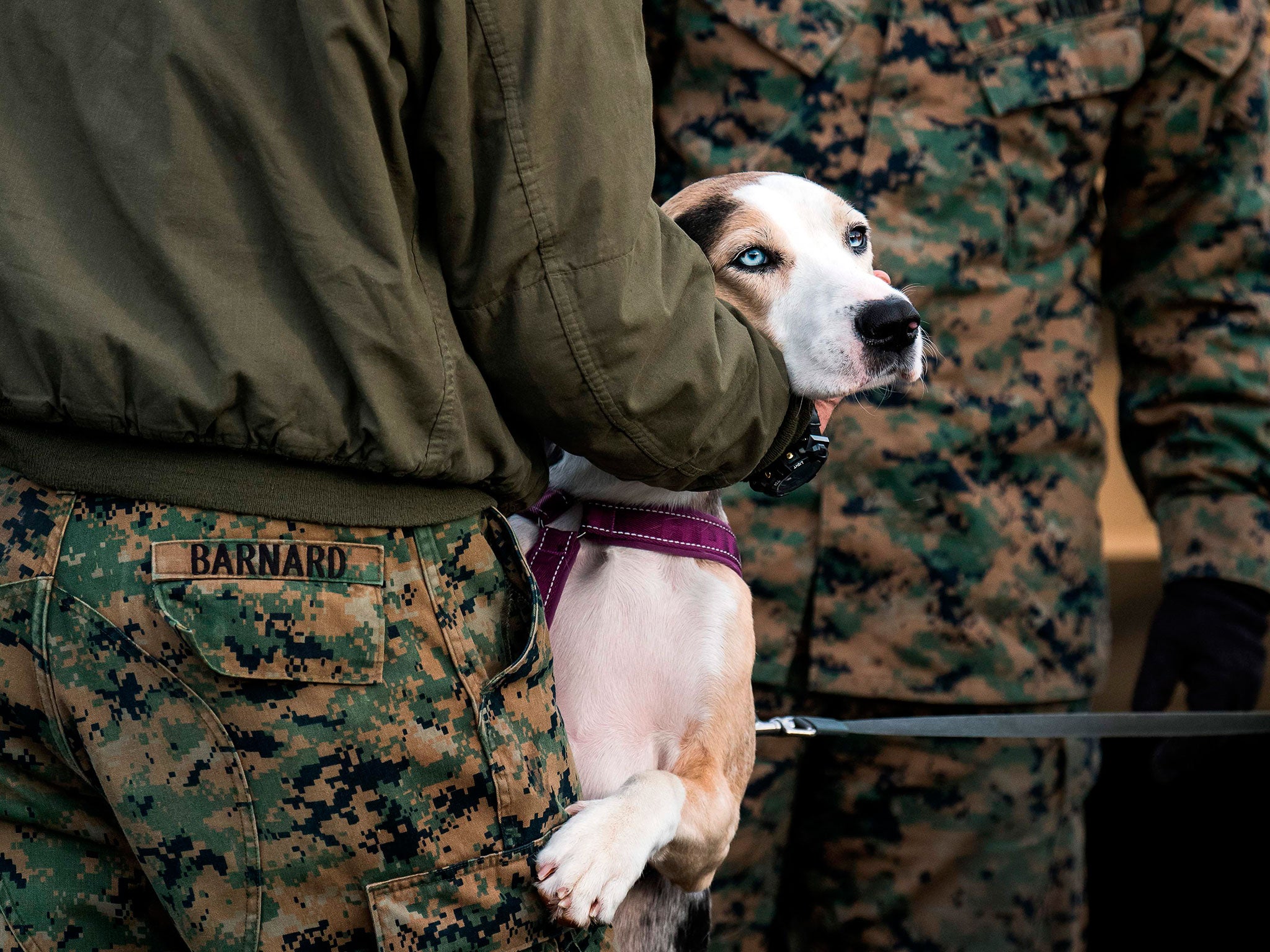Your support helps us to tell the story
From reproductive rights to climate change to Big Tech, The Independent is on the ground when the story is developing. Whether it's investigating the financials of Elon Musk's pro-Trump PAC or producing our latest documentary, 'The A Word', which shines a light on the American women fighting for reproductive rights, we know how important it is to parse out the facts from the messaging.
At such a critical moment in US history, we need reporters on the ground. Your donation allows us to keep sending journalists to speak to both sides of the story.
The Independent is trusted by Americans across the entire political spectrum. And unlike many other quality news outlets, we choose not to lock Americans out of our reporting and analysis with paywalls. We believe quality journalism should be available to everyone, paid for by those who can afford it.
Your support makes all the difference.The US government has decided to press ahead with controversial experiments on dogs, despite critics in congress and elsewhere attacking them as cruel and unnecessary.
The department for veterans affairs (VA) has approved the continuation of the testing, which it says will help doctors find new ways to treat wounded soldiers, according to USA Today.
Researchers running the experiments will remove sections of the dogs’ brains that control breathing, sever spinal cords to test cough reflexes and implant pacemakers before triggering abnormal heart rhythms. All the dogs involved will ultimately be euthanised.
But a row is brewing over how exactly the vivisections were approved. When the testing was first exposed by an anti-animal testing group last year – White Coat Waste Project – congress passed a law prohibiting the VA department from conducting them without its secretary’s direct approval.
A spokesman for the department told USA Today that the former VA secretary David Shulkin signed off on continuing the experiments on the day he was fired by Donald Trump in March.
But Mr Shulkin, who lost his job amid allegations he had misspent taxpayer funds on a trip to Europe his wife took in 2017, told the newspaper he had never been asked to restart the dog tests.
Documents seen by the paper show the VA is currently carrying out nine experiments on dogs, at four different facilities.
One of the lawmakers who is trying to pass a bill which would ban the testing, Democrat Dina Titus, said: “It’s not economically sound, they could be looking at new technologies, and morally people just don’t support testing on puppies.”
But a review launched by Mr Shulkin before he was fired - on the medical necessity for using canines - has found that dogs are “the only viable model” for the specific experiments, the VA spokesman said.
Nevertheless, the department has also commissioned the National Academy of Sciences to spend $1.3m to run another study investigating if dogs are really needed for this research.

Justin Goodman, the vice president of advocacy and public policy for the White Coat Waste Project, said: “I think it calls into question the integrity of the VA’s intentions if it is going to continue funding and conducting dog experiments that it has just paid an organisation over a million dollars to scrutinise.”
Veterans’ groups are divided on whether the experiments should continue. The founder of Iraq and Afghanistan Veterans of America organisation said that as long as the research was done “ethically” it could lead to medical breakthroughs.
But Paralysed Veterans of America, which was initially in favour of the VA dog testing, has now changed its mind and told USA Today it did not oppose efforts to stop the dogs being experimented on and killed.
The VA, which said that more than 99 per cent of its animal testing involved rats or mice, insisted that dogs remained a necessary part of its research.
But when asked what medical progress had come about because of dog testing, the agency’s spokesman could only point to breakthroughs which date back to the 1960s.

Join our commenting forum
Join thought-provoking conversations, follow other Independent readers and see their replies
Comments